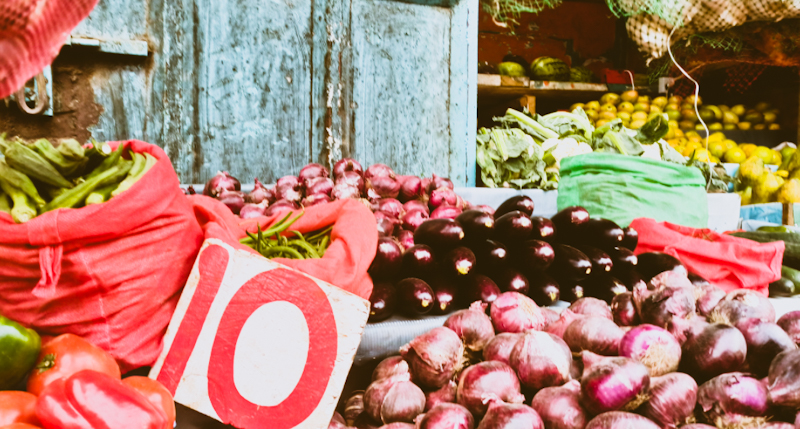Kenyan consumers remain concerned about rising food and non-alcoholic beverage prices, creating a sense of market jitters.
This is despite easing inflation trends throughout much of 2024.
A Central Bank of Kenya (CBK) market perception survey reveals a nuanced understanding of these price increases.
While 43% of surveyed banks and non-banking institutions attribute the rising food and beverage costs to seasonal festive demand, data from the Kenya National Bureau of Statistics (KNBS) provides a more granular picture.
The Consumer Price Index (CPI) shows a 0.6% increase in the Food and Non-Alcoholic Beverages Index between October and November 2024.
Notably, prices of staple goods like sugar, sifted maize flour, and fortified maize flour saw significant increases of 5.3%, 5.1%, and 4.9%, respectively.
Conversely, prices of potatoes, onions, and cabbages experienced slight declines.
The CBK survey also explored inflation expectations. Respondents generally anticipate stable inflation below the midpoint of the target range (2.5%-7.5%) for November 2024 through January 2025, citing lower food and fuel prices and a stable Kenyan shilling.
This expectation is further supported by anticipated favourable weather conditions (74% of respondents), stable fuel prices due to weak global demand and local price adjustments by the Energy and Petroleum Regulatory Authority (EPRA) (68%), and a stable shilling supporting cheaper imports (32%).
Looking at longer-term projections, respondents expect inflation to remain near the midpoint of the target range, driven by stable food prices (73% attributing this to improved domestic production via government subsidies and good weather), a stable exchange rate reducing imported inflation (46%), and lower global fuel prices impacting production costs (40%).
However, concerns remain.
A significant 63% of respondents identified geopolitical uncertainties as a risk factor, potentially leading to rising commodity prices, increased logistics costs, and higher prices for food, fuel, and other imports.
Kenya’s overall inflation saw a minor uptick of 0.1 percentage points to 2.7% in November 2024, remaining below the CBK’s target midpoint. This was primarily influenced by declining fuel inflation (down 1.6% from 1.7% in October), attributed to lower pump prices and electricity tariffs.
Food inflation increased slightly by 0.2 percentage points to 4.5%, mainly due to price increases in specific items like cooking oil, offsetting decreases in vegetable prices.
Non-food non-fuel inflation also saw a slight decrease, indicating muted demand pressures.
The Monetary Policy Committee (MPC) acknowledged the success of previous measures in reducing overall inflation, stabilizing the exchange rate, and anchoring inflationary expectations.
With moderating non-food non-fuel inflation and global trends of central banks easing monetary policy, the MPC indicated potential for a gradual easing of domestic monetary policy while maintaining exchange rate stability, which is expected to gradually reduce interest rates.
The MPC will continue to monitor economic developments and adjust policy as needed.
Kenyan Firms Report Improved Business Conditions in November





